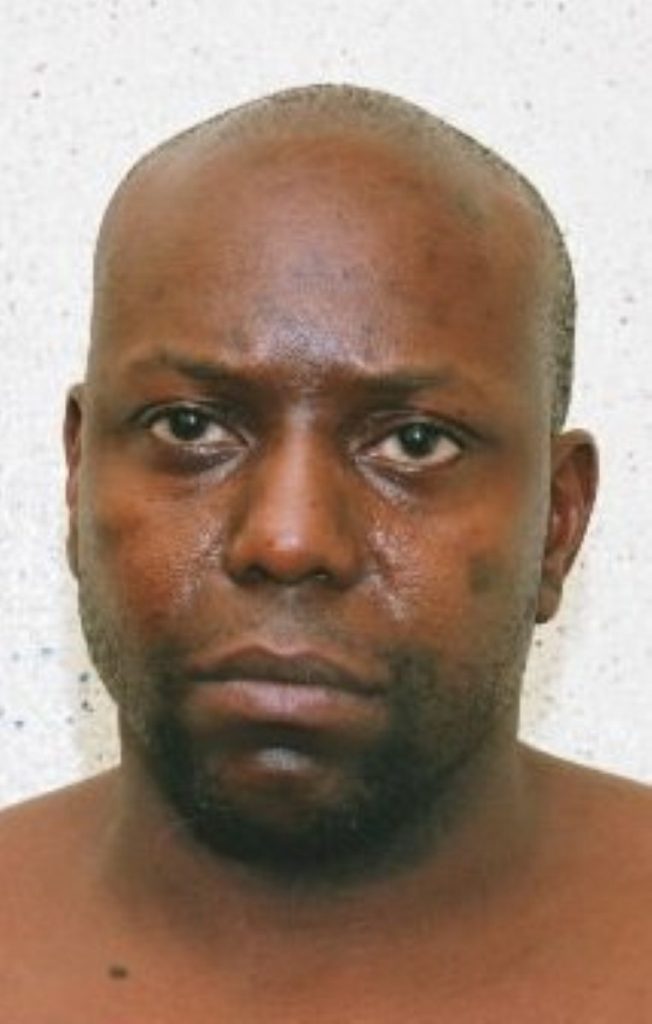Inquiry urged into cannibal’s care
Calls are growing for an independent inquiry into why a paranoid schizophrenic and self-confessed cannibal was released to kill again.
Peter Bryan was yesterday sentenced to two life sentences at the Old Bailey after pleading guilty to the manslaughter of Brian Cherry while an outpatient in an east London hospital.
The 35-year-old, who was previously jailed for killing a shop assistant in 1993, was also found guilty of killing Richard Loudwell while on remand in Broadmoor hospital.
Bryan had been sent to Rampton secure hospital in 1994 after the first murder but was freed in 2001 and released into the care of a psychiatric social worker and psychiatrist.


He was allowed to live as a care in the community outpatient before his condition deteriorated and he returned last February to Newham General hospital in east London.
However, as a voluntary patient he was allowed out and only hours after a ward meeting found that there were “no concerns regarding his mental state”, Bryan killed Mr Cherry in his house with a claw hammer and screwdriver and dismembered the body.
He later told police: “I ate his brains with butter. It was really nice.”
After appearing in court for the killing, he was sent to Broadmoor, where he battered fellow patient Mr Loudwell, 60, in the head and tied a ligature around his neck. He later died in hospital.
After his arrest, Bryan told officers: “I would have done someone else if you hadn’t come along. I wanted their souls.”
Following Bryant’s conviction, Michael Howett, director of the Zito Trust mental health charity, has called for an independent inquiry into how such a dangerous patient was let out into the community.
However, he said that hospital overcrowding and a lack of resources meant that such a case could well happen again.
“The emphasis is on moving people so quickly into the community that actually these tragedies will happen,” he told the Today programme.
“I can see no way in which they’re going to stop happening in the future.”
Speaking on the same programme, chief executive of charity SANE Marjorie Wallace said that while such cases were “very, very rare”, they were largely preventable.
She described a “cocktail of risk” that could be identified in dangerous patients but said that these were “sort of black spots in community care policy”.
Sheila Foley, chief executive of the NHS trust that was in charge of Mr Bryan, expressed her “deepest sympathy” to all those affected by the case and said an independent inquiry into the subject would be set up.












